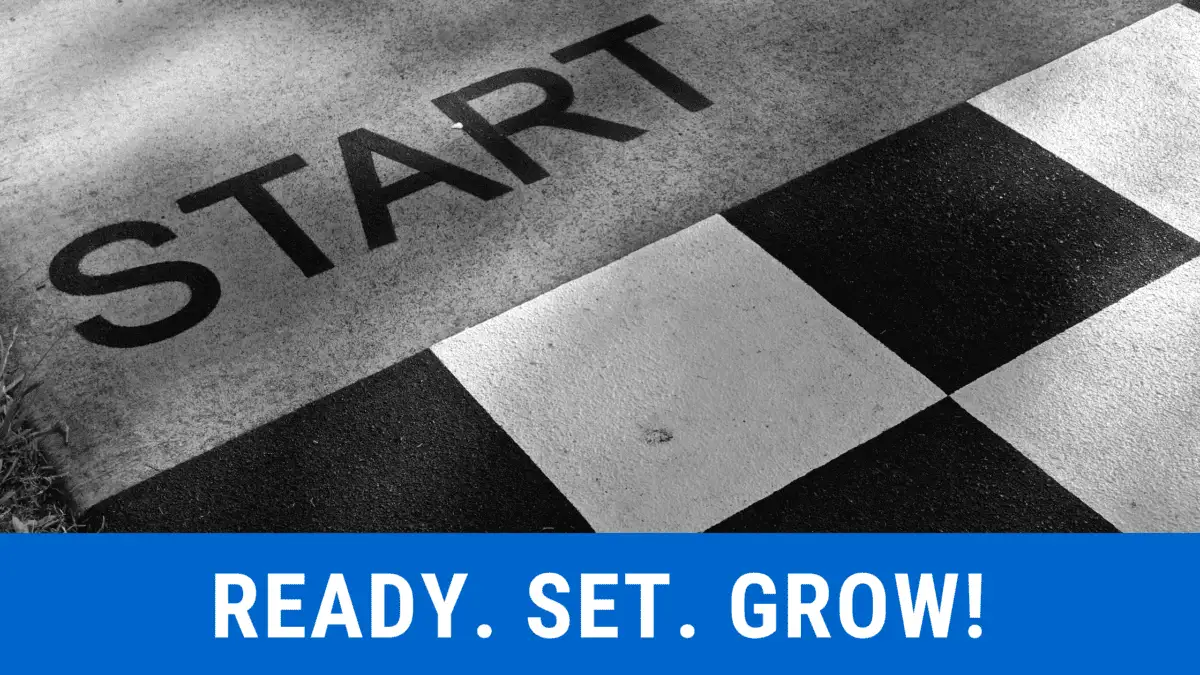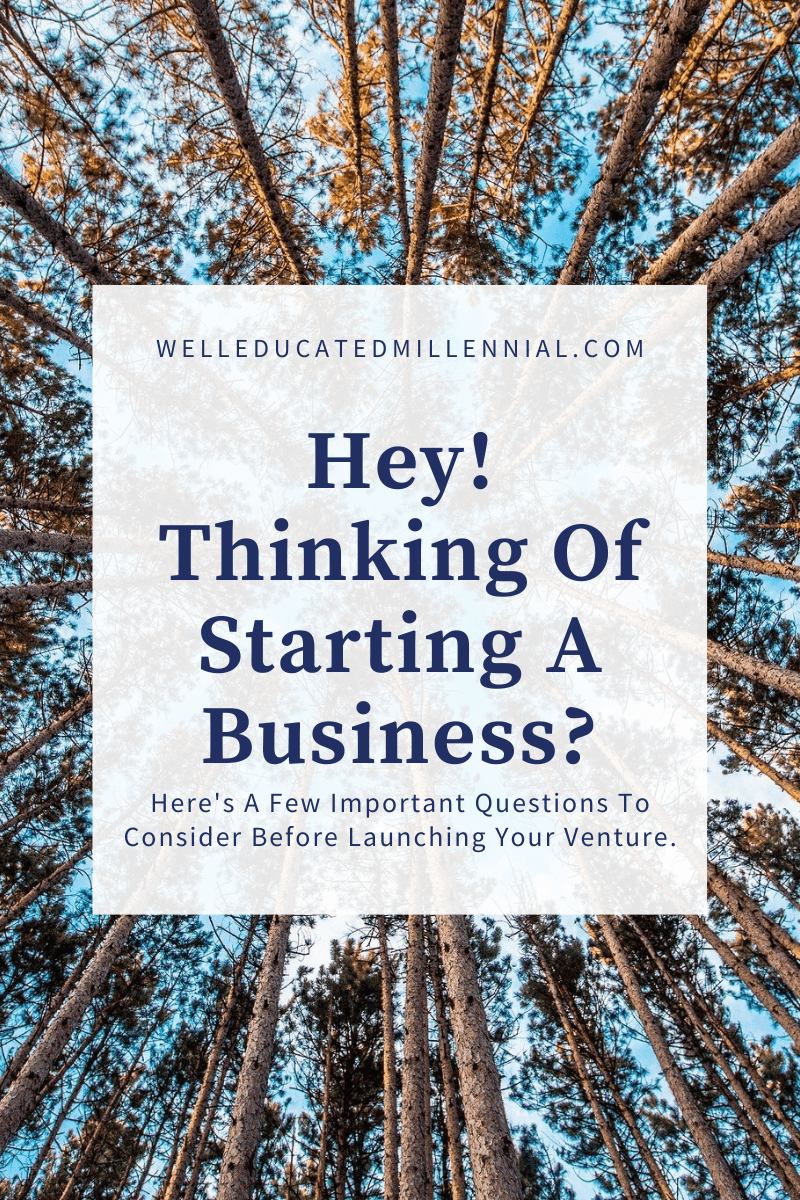The journey of entrepreneurship is an exhilarating one. It’s often characterized by the audacious spirit of creating something new, the triumph of innovating, and the thrill of steering your destiny. That said, the path is far from simple. It’s marked with twists and turns, ups and downs, successes and setbacks. But one thing that can simplify this journey is breaking it down into manageable parts. This is where the five W’s of entrepreneurship – What, Who, Where, When, and Why – come into the picture.
- What Will I Sell or Create?
The fundamental question of every business is: what is it that you’re going to offer to the world? Are you planning to sell handcrafted jewelry? Or will you create a tech startup that revolutionizes how we interact with devices?
The answer to this question forms the basis of your business plan. It’s not just about the tangible product or service, but about the value you bring to your customers. When we talk about value, we’re not just talking about the physical features of your product. Your business’s true value lies in the emotional or experiential benefit your customer receives. Are you making their life easier, or maybe more enjoyable? Are you solving a problem they’ve been wrestling with? This is the real ‘product’ that you’re selling.
However, the product or service is just one side of the coin. The other side is your competitive advantage – the thing that sets you apart from your competition. Identifying what differentiates you from the rest of the market is crucial. Do you have a unique process or technology, an exceptional customer service approach, or perhaps a commitment to ethical sourcing that others don’t have? These factors can give you a competitive edge, which is essential for long-term success.
- Who Will My Customers Be?
Once you’ve defined what you’re selling, the next question is: who are you selling to? Who is the person that will benefit the most from your product or service? This understanding of your target audience is crucial for the success of your venture.
Identifying your target market means understanding the demographics and psychographics of your ideal customer. What is their age, gender, income level, education level, and marital status? What are their interests, values, attitudes, and lifestyles? Answering these questions can help you build a detailed customer profile, which is invaluable when developing your marketing and sales strategies.
Don’t shy away from conducting market research to gather this information. Use surveys, interviews, focus groups, or any other method that fits your budget and business model. Also, don’t forget to leverage the wealth of data available online. Numerous databases and tools can provide insights into consumer behavior and preferences.
- Where Will I Operate My Business?
The location of your business is another important consideration. Will you be operating entirely online, or will you have a physical presence? Will your business be local, regional, national, or international? The answers to these questions will significantly impact your business model.
If you’re running a brick-and-mortar business, location plays a huge role in its success. Your business should be conveniently located for your target customers and offer an environment conducive to your product or service. For example, if you’re opening a restaurant, you might look for a place with high foot traffic, while an online retail store would require a robust digital infrastructure.
But location is not just about accessibility for customers. It also affects distribution logistics, local regulations and taxes, availability of skilled labor, and much more. Therefore, choose your business location wisely, considering all these factors.
- When Will My Business Launch?
The timing of your business launch is a delicate matter. If you launch too soon without a robust business plan, you may struggle to gain traction. If you wait too long, you might miss out on an opportunity or allow competition to overtake you.
Often, there’s no ‘perfect’ time to start a business. You’ll likely never feel 100% ready. The key is having a well-researched and thoroughly vetted business plan. This plan should include a clear definition of your product or service, a detailed understanding of your target market, a robust marketing and sales strategy, and a realistic financial projection.
Moreover, you must consider external factors such as market trends, economic conditions, and competitive landscape. Be agile and flexible enough to adapt your plans according to these factors.
- Why Am I Starting This Business?
Finally, and perhaps most importantly, why are you starting this business? This question isn’t just about profit. It’s about what motivates you, what you’re passionate about, and what your vision for your business is.
The journey of entrepreneurship can be challenging and unpredictable. There will be days when you question your decision and feel like giving up. It’s your ‘why’ that will keep you going during these times. Whether it’s to make a difference, pursue a passion, or create a legacy, your ‘why’ is your guiding star. It gives you purpose and direction.
Starting a business can be a monumental endeavor, but breaking it down into these five W’s can make it more manageable and less overwhelming. It’s about knowing what you’re offering, who you’re selling to, where you’re operating, when you’re launching, and why you’re doing it. With this roadmap, you’re better equipped to navigate the exciting journey of entrepreneurship.
From Concept to Concrete: Developing Your Business Plan
Now that you’ve explored the five W’s of entrepreneurship, you might be wondering how to turn these insights into a comprehensive business plan. That’s where my ebook, “Business Plan Development: A Comprehensive Step-by-Step Guide for Entrepreneurs,” comes in.
This guide is designed to help you transform your entrepreneurial vision into a well-structured, actionable business plan. It covers everything from crafting your executive summary to developing financial projections, ensuring you have a solid foundation for your venture.
Whether you’re still in the ideation phase, grappling with the ‘what’ and ‘why’ of your business, or you’re ready to dive into the specifics of ‘where’ and ‘when,’ this ebook provides the tools and frameworks you need to move forward with confidence.
“Business Plan Development” is now available on Amazon, offering a valuable resource for entrepreneurs at any stage of their journey. It’s the perfect companion to help you navigate the exciting but complex world of entrepreneurship.
Explore more about it here on Amazon.
By combining the fundamental questions explored in this article with the practical guidance in my ebook, you’ll be well-equipped to turn your business idea into a reality. Remember, a well-thought-out business plan is your roadmap to success in the competitive business landscape.
Recommended Books
For readers who want to learn more about the journey of entrepreneurship and the key factors discussed in this blog post, the following books will be highly valuable:
- “The Lean Startup” by Eric Ries – This book offers invaluable insights on how to effectively build a startup by focusing on creating a Minimum Viable Product (MVP), learning from customer feedback, and iterating quickly.
Buy on Amazon: “The Lean Startup” by Eric Ries
- “Start With Why” by Simon Sinek – A must-read for anyone wanting to understand the importance of the ‘why’ in business. Sinek delves into how successful companies and leaders inspire action, starting with ‘why’.
Buy on Amazon: “Start With Why” by Simon Sinek
- “Zero to One” by Peter Thiel – Thiel discusses how to build a unique business that creates something new, stressing the importance of innovation over imitation.
Buy on Amazon: “Zero to One” by Peter Thiel
- “The $100 Startup” by Chris Guillebeau – Guillebeau shares valuable insights and success stories about individuals who built businesses starting with very little capital.
Buy on Amazon: “The $100 Startup” by Chris Guillebeau
- “Blue Ocean Strategy” by W. Chan Kim and Renée Mauborgne – This book introduces a strategic framework for creating uncontested market space and making the competition irrelevant, which is relevant to ‘what’ you will sell or create.
Buy on Amazon: “Blue Ocean Strategy” by W. Chan Kim and Renée Mauborgne
- “Buyer Personas” by Adele Revella – A helpful guide on how to gain a deeper understanding of your customers, relating to the ‘who’ in the journey of entrepreneurship.
Buy on Amazon: “Buyer Personas” by Adele Revella
- “Location is (Still) Everything” by David R. Bell – An excellent resource for understanding how the physical world influences the success of businesses in the digital age.
Buy on Amazon: “Location is (Still) Everything” by David R. Bell
- “Business Model Generation” by Alexander Osterwalder and Yves Pigneur – This book offers a robust framework for understanding and innovatively developing business models. It’s beneficial for those grappling with ‘where’ they will operate their business.
Buy on Amazon: “Business Model Generation” by Alexander Osterwalder and Yves Pigneur
Each of these books provides a unique perspective on the journey of starting your own business, offering practical advice, frameworks, and inspiring stories that can help entrepreneurs navigate their path.
Enjoyed the read? Subscribe to my blog and spread the word by sharing this article with your circles!
This post may contain affiliate links, which means I may receive a commission if you click a link and make a purchase. However, my opinions and recommendations remain my own, uninfluenced by any potential earnings.
I’d love to hear your take on the subjects we’ve covered in this post. Drop a comment or question below. Let’s keep this conversation going!


